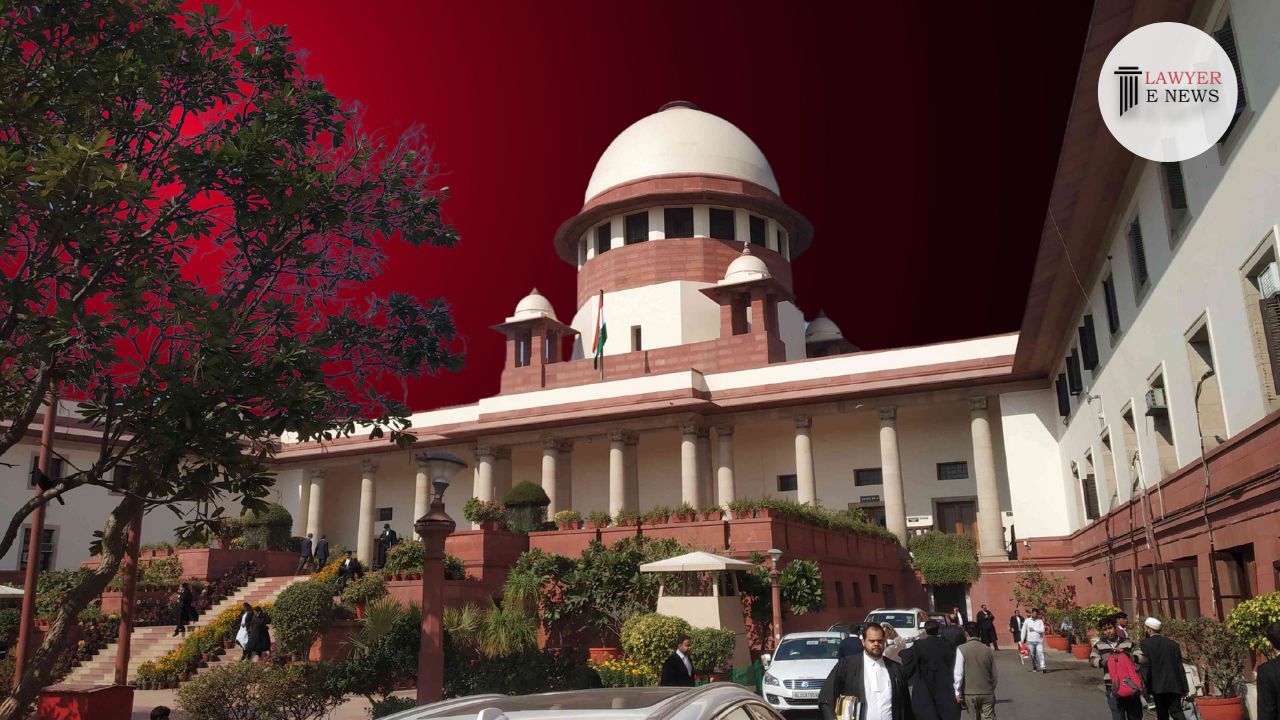-
by sayum
14 February 2026 2:22 PM



In a landmark judgment, the Supreme Court of India dismissed an appeal (Civil Appeal No. 1854 of 2023), thereby upholding the decisions of the lower courts to refer a property development dispute to arbitration. The bench comprising Justices Aniruddha Bose and Sudhanshu Dhulia ruled on the applicability of arbitration clauses in property development agreements.
In their judgment, the Supreme Court emphasized the limited role of judicial intervention in arbitration matters post the 2015 amendment to the Arbitration Act. Justice Dhulia, in his observation, noted, "The basic purpose for bringing an amendment in Section 8 (as well as Section 11 of the Arbitration Act) was to minimise the scope of judicial authority in matters of arbitration, except on the ground where prima facie, no valid arbitration agreement exists." This statement underlines the court's intention to uphold the sanctity of arbitration agreements in commercial disputes.
The appeal involved Sushma Shivkumar Daga & Anr. as appellants and Madhurkumar Ramkrishnaji Bajaj & Ors. as respondents. The dispute centered around the validity of a Conveyance Deed dated 17.12.2019 and the termination of several development agreements arising from two Tripartite Agreements dated 31.03.2007 and 25.07.2008.
The Supreme Court's decision hinged on determining the arbitrability of disputes arising from property agreements. The court held that disputes related to the cancellation of a deed are recognized as actions in personam and are suitable for arbitration. The judgment clarified, "Whether it is a suit for cancellation of a deed or a declaration of rights arising from the deed, it would only be an action in personam and not in rem." This distinction is critical in determining the suitability of arbitration in property-related disputes.
This ruling sets a significant precedent in cases involving arbitration clauses in property development agreements. It reinforces the principle of minimal judicial intervention in arbitration and emphasizes the importance of upholding arbitration agreements. The judgment also provides clarity on the nature of disputes that can be referred to arbitration, specifically in the context of property development and real estate.
This decision is expected to impact how property development disputes are resolved in India, potentially leading to more efficient and contractually agreed dispute resolution mechanisms. The legal fraternity and business community alike are closely analyzing this judgment for its broader implications on arbitration law and commercial disputes in India.
Date of Decision: 15th December 2023
SUSHMA SHIVKUMAR DAGA & ANR. VS MADHURKUMAR RAMKRISHNAJI BAJAJ & ORS.
